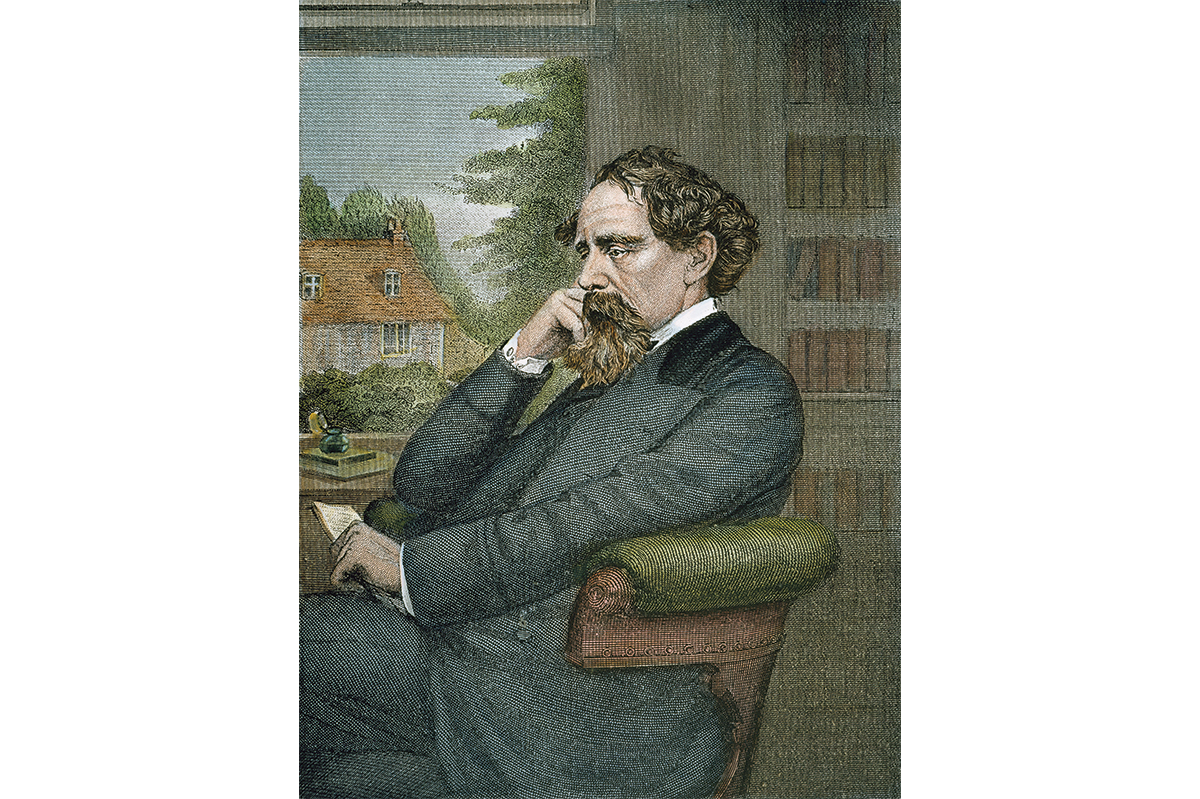Pearson Converse teaches literature at Verlaine University, Pennsylvania. She exists in an alternative universe to our own in which the Mental Parity Movement holds sway. There is intellectual leveling, and no “cognitive discrimination.” This is high satire, exaggerated, crude, inviting ridicule of the social system portrayed, close to the great satirists of the eighteenth century in tone if not in style.
Yet Lionel Shriver’s Mania is more than just a satire. It is a study of Pearson’s family life and her “unbalanced” cognitive relationship with her best friend from childhood, Emory. Pearson has three children: an intellectually gifted girl and boy by a high-IQ sperm donor, and an averagely intelligent girl conceived with her tree-surgeon partner, Wade. He falls victim to Mental Parity because he is forced to employ an unqualified assistant. This ingenu lets a lopped branch fall on Wade which breaks his ankle. He is then operated on by an incompetent young surgeon (who is supposed to be as good as anyone else), and is left incapacitated for the rest of his life. His fate is an example of what is happening in the wider world. A NASA employee, who is also “just as good as anyone else,” is put in charge of a mission to Mars. The rocket, “the result of costly, rigorous research,” crashes into a dustheap.
Pearson’s two clever children are hopelessly frustrated; her other daughter turns into a “neo-Stasi snitch,” who informs on her mother. While all this MP correctness is going on, Russia and China exploit the rest of the world, judging the US to be a population of imbeciles.
Emory begins by sympathizing with Pearson’s critical, skeptical attitude, agreeing with her in private. Yet she is an unashamed pragmatist whose career dominates her life. As a media commentator, she adjusts to the times, becoming “the intelligent face of idiocy.” On CNN she shifts from being a critic of MP to its articulate advocate. She is everywhere — “podcasts, conferences, panels, speeches, you name it.” Through all these difficulties of difference, the old friendship endures. Pearson realizes that “I liked Emory more than she liked me.” But Emory’s ambition for a successful career eventually reverses her view.
Mania is provocative, stimulating and outrageous; but there are occasional longueurs when Shriver indulges in polemical debate. It is a novel of focused satire and of personal relationships, their fragilities and their abiding strengths.
This article was originally published in The Spectator’s UK magazine. Subscribe to the World edition here.


























Leave a Reply